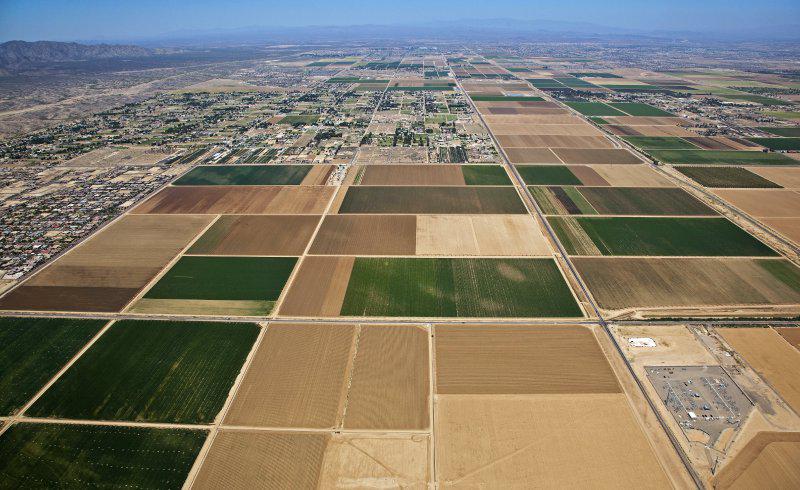Bill Gates Invests $80m to Build a ‘Smart City’ in Arizona
One of Bill Gates’ investment firms has spent $80 million to kick-start the development of a new smart city on a massive plot of land in Phoenix, Arizona.
The 25,000-acre plot is reportedly earmarked for a proposed smart city, Belmont, named after real estate investment group Belmont Partners, the company developing the project.
The development will include the construction of an urban community that will integrate technologies like high-speed networks, IoT-connected infrastructure, automated logistics hubs and driverless cars.
"Belmont will create a forward-thinking community with a communication and infrastructure spine that embraces cutting-edge technology, designed around high-speed digital networks, data centres, new manufacturing technologies and distribution models, autonomous vehicles and autonomous logistics hubs," the company said in a statement.
Located about 45 minutes west of Phoenix, the city would be situated along the new interstate 11 highway, which would make it just a short trip away from Las Vegas. The road is expected to be completed in 2018.
Related reading: Resistance Is Futile: How IoT Technologies are Adding Value to Commercial Buildings

Development on this large parcel of land is set to include 3,800 acres of office, commercial and retail space, along with 470 acres of public schooling and room for 80,000 residential units.
The Belmont smart city will be comparable in square miles and projected population to Tempe, Arizona, with the new smart city hosting a population of approximately 182,000.
Belmont said the land “will transform a raw, blank slate into a purpose-built edge city built around a flexible infrastructure model.”
The tech-billionaire's investment in Belmont was initially kept quiet, but local publication AZ Central broke the news of Gates' involvement, tying the $80 million investment through to a group controlled by Gates’ investment firm Cascade Investment, which had acquired a 24,800-acre development in Belmont.
The concept of smart cities is something that’s steadily gaining pace, last month, Google's sister company Sidewalk Labs struck a deal to construct an entire new future city on the Toronto waterfront. The company made a $50 million commitment to build an "internet city" on 800 acres of land which will be equipped with modern technology like self-driving cars, smart street lights, and public Wi-Fi.
Bill Gates stepped down from Microsoft in 2006 and has largely dedicated his time to philanthropic efforts.















